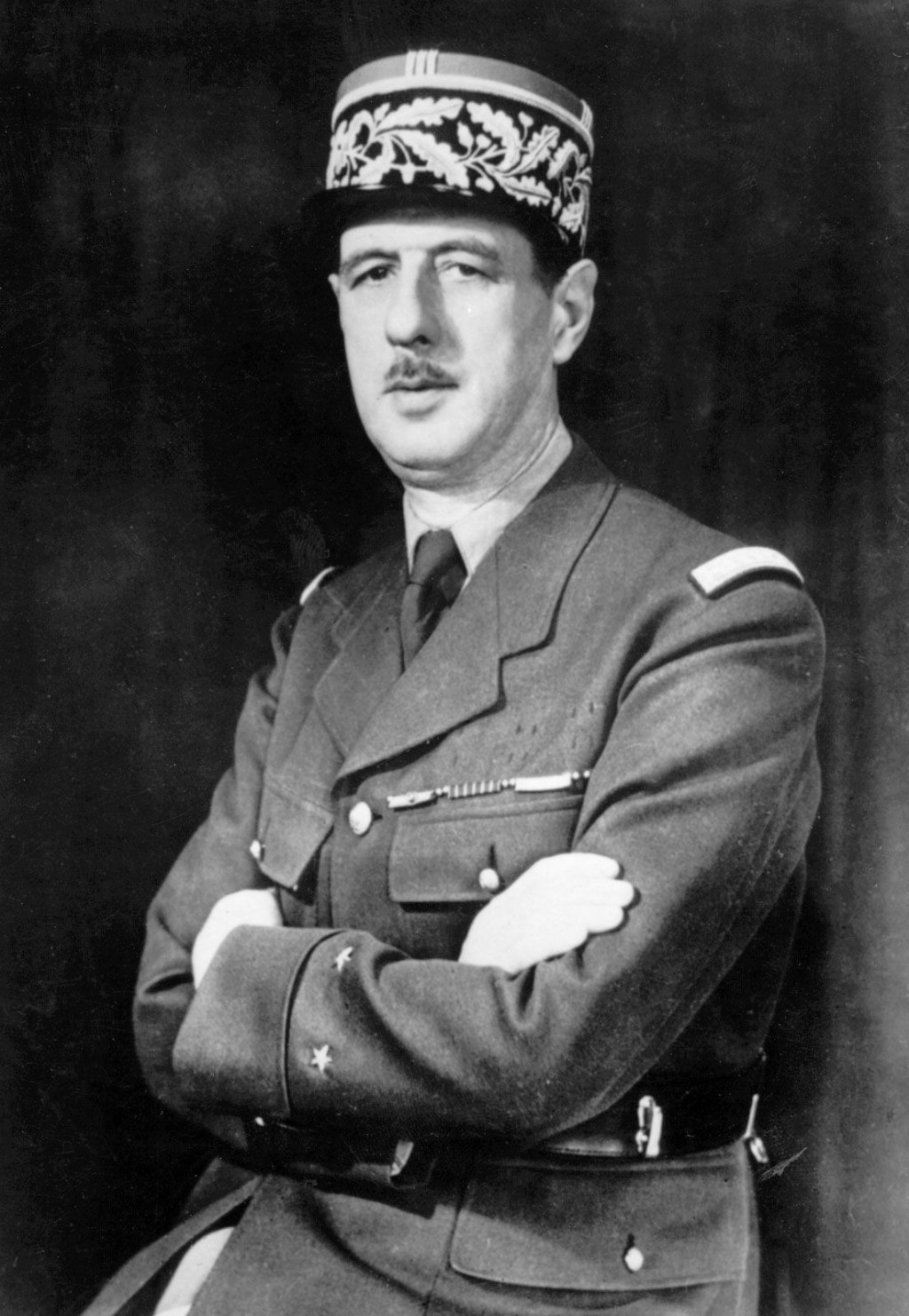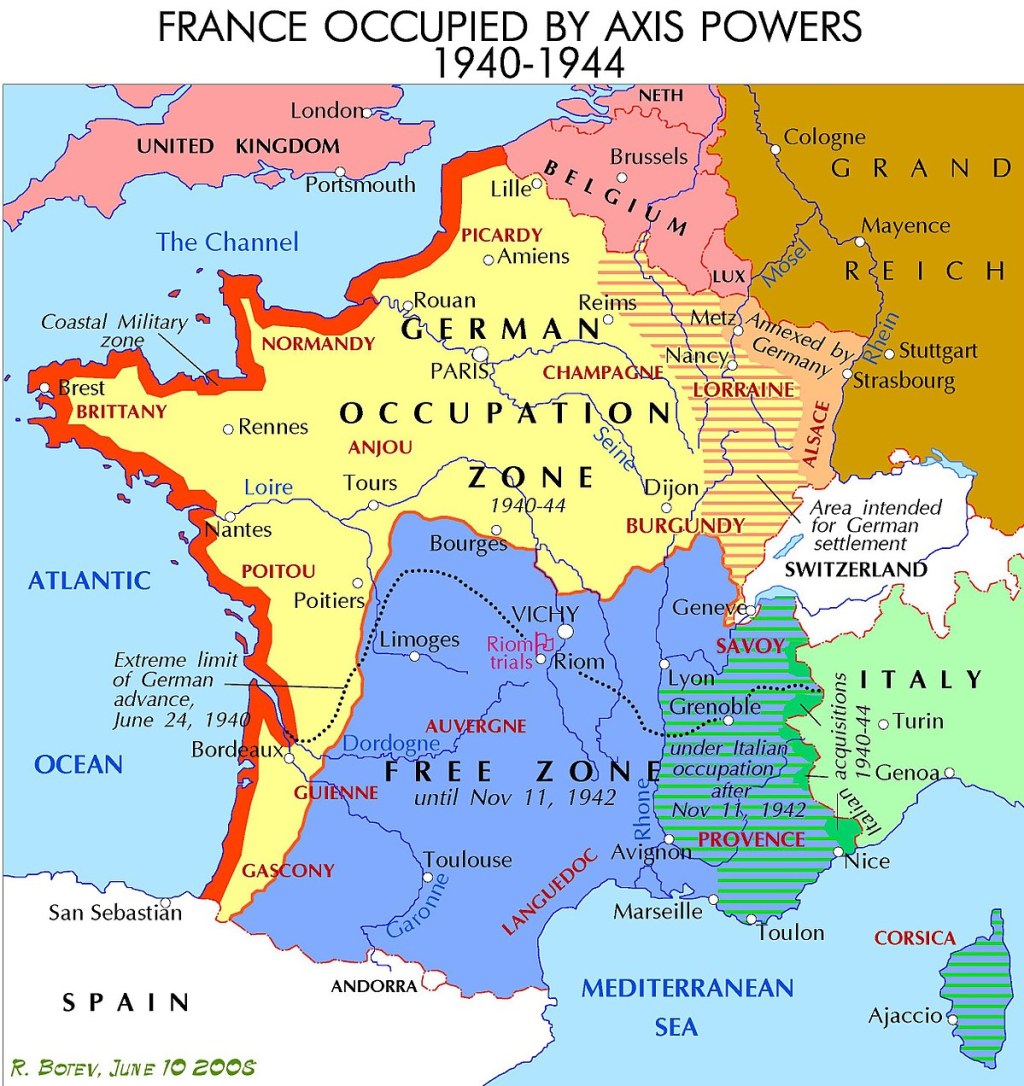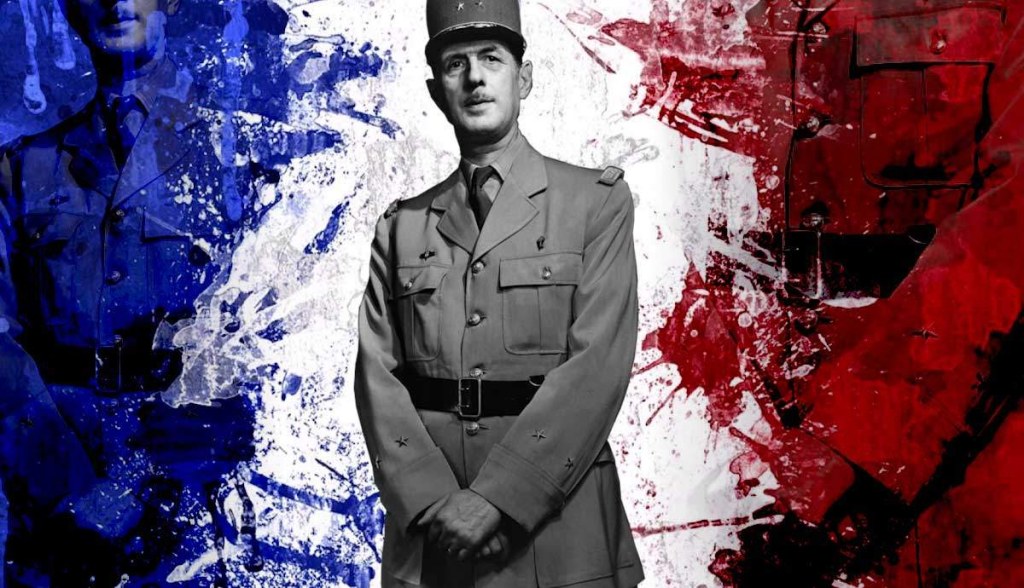French Government After World War II
Greetings, Readers! In this article, we will explore the fascinating topic of the French government after World War II. Delving into the intricacies of political and societal changes, we will analyze the key players, events, and consequences that shaped post-war France. Join us on this informative journey as we uncover the transformation of the French government during this crucial period.
Introduction
The French government underwent significant changes after World War II, as the nation emerged from the ruins of the devastating conflict. The country faced the daunting task of rebuilding its infrastructure, economy, and political system while addressing the needs and aspirations of its citizens. In this section, we will delve into seven paragraphs that provide a comprehensive overview of the post-war French government.
1. Political Landscape
The political landscape of France after World War II experienced a major shift. The established political parties were challenged by new forces, including the French Communist Party (PCF) and the Gaullists. These emerging parties aimed to shape a new France that was independent, socially just, and politically stable.
2. Provisional Government
Immediately after the war, a provisional government called the French Committee of National Liberation (CFLN) was formed. Led by General Charles de Gaulle, this government aimed to restore democracy and prepare for the establishment of a Fourth Republic. It focused on rebuilding the country and holding elections to create a new constitutional order.
3. Birth of the Fourth Republic
The Fourth Republic was officially established in 1946, replacing the provisional government. It was characterized by a parliamentary system with a weak executive branch. The republic faced numerous challenges, such as decolonization efforts, economic instability, and social unrest. Despite these challenges, it sought to rebuild France and promote democratic values.
4. Role of General Charles de Gaulle

Image Source: britannica.com
General Charles de Gaulle played a pivotal role in shaping the French government after World War II. As the leader of the Free French Forces during the war, he gained significant popularity and was instrumental in the establishment of the Fourth Republic. However, he grew disillusioned with its inefficiencies and in 1958, he established the Fifth Republic, which remains the current government system in France.
5. Economic Reconstruction
The French government prioritized economic reconstruction after the war. Efforts were made to modernize industries, rebuild infrastructure, and stimulate economic growth. The government implemented policies to boost employment, invest in education and healthcare, and promote international trade. These initiatives played a crucial role in restoring the French economy and improving living standards.
6. Social Reforms
The post-war French government also implemented significant social reforms to address the needs and aspirations of its citizens. It focused on improving healthcare, education, and social security systems. These reforms aimed to create a fair and inclusive society, providing equal opportunities for all French citizens.
What, Who, When, Where, Why, and How of French Government After World War II
1. What
The French government after World War II refers to the political system and institutions that governed France during the post-war period. It encompassed a series of changes and reforms aimed at rebuilding the country, addressing societal challenges, and promoting democratic values.
2. Who

Image Source: wikimedia.org
The key players in the French government after World War II were General Charles de Gaulle, political parties such as the Communist Party (PCF), and the Gaullists. Additionally, various political leaders, intellectuals, and citizens played important roles in shaping the post-war political landscape.
3. When
The French government underwent significant changes after World War II, starting from the immediate post-war period in the late 1940s until the establishment of the Fifth Republic in 1958. This period witnessed the birth of the Fourth Republic and various political, economic, and social transformations.
4. Where
The changes in the French government after World War II took place primarily in France, both in its metropolitan territory and its overseas territories, including former colonies and territories affected by the war.
5. Why
The French government underwent changes after World War II due to the need for rebuilding the country, addressing the aftermath of the war, and meeting the aspirations of its citizens. The political, economic, and social challenges faced by France necessitated the implementation of new policies and reforms.
6. How
The French government after World War II implemented various strategies to rebuild the country and address its challenges. This included the establishment of a new political system, economic reconstruction, social reforms, and the leadership of key figures such as General Charles de Gaulle.

Image Source: thecollector.com
Advantages and Disadvantages of French Government After World War II
1. Advantages
a) Stability: The French government after World War II aimed to establish political stability and promote democratic values. This stability provided a foundation for the country’s post-war recovery and development.
b) Social Reforms: The government implemented significant social reforms, improving healthcare, education, and social security systems. These reforms contributed to the creation of a fair and inclusive society.
c) Economic Growth: The government focused on economic reconstruction, resulting in increased employment, improved living standards, and the modernization of industries.
2. Disadvantages
a) Political Instability: The Fourth Republic faced political instability due to its weak executive branch and the emergence of multiple political parties. This led to frequent changes in government and hindered effective decision-making.
b) Colonial Challenges: The government faced challenges related to decolonization efforts in France’s overseas territories. These challenges often resulted in conflicts and strained resources.
c) Economic Inflation: Despite the focus on economic growth, the French government faced issues with inflation and economic instability during the post-war period.
Frequently Asked Questions (FAQ)
1. Was the French government stable after World War II?
Answer: The stability of the French government after World War II was a mixed bag. While efforts were made to establish stability, the weak executive branch and the emergence of multiple political parties created challenges and led to frequent changes in government.
2. How did General Charles de Gaulle influence the French government after World War II?
Answer: General Charles de Gaulle played a pivotal role in shaping the French government after World War II. He led the Free French Forces during the war and later established the Fifth Republic, which remains the current government system in France.
3. What were the social reforms implemented by the French government after World War II?
Answer: The French government implemented significant social reforms after World War II. These reforms focused on improving healthcare, education, and social security systems, aiming to create a fair and inclusive society.
4. How did the French government address economic reconstruction after World War II?
Answer: The French government prioritized economic reconstruction after World War II. It implemented policies to boost employment, invest in education and healthcare, and promote international trade. These initiatives played a crucial role in restoring the French economy.
5. What were the major challenges faced by the French government after World War II?
Answer: The French government faced several challenges after World War II, including political instability, decolonization efforts, economic inflation, and social unrest. Overcoming these challenges required extensive reforms and strategic decision-making.
Conclusion
In conclusion, the French government after World War II underwent significant changes as the nation emerged from the shadows of the devastating conflict. The establishment of the Fourth Republic, the influence of General Charles de Gaulle, and the focus on economic reconstruction and social reforms shaped the post-war political landscape. While the government faced challenges such as political instability and colonial issues, it also brought stability, social advancements, and economic growth to France. Understanding the historical context and complexities of the French government after World War II is crucial in comprehending the nation’s path to recovery and its enduring legacy in modern-day France.
Friends, we hope this article has provided you with valuable insights into the French government after World War II. Remember, understanding history allows us to appreciate the present and shape a better future. Stay informed and keep exploring!
Disclaimer: The information provided in this article is based on historical records and research. The views and opinions expressed herein are those of the author and do not necessarily reflect the official policy or position of any government or organization.